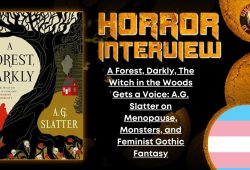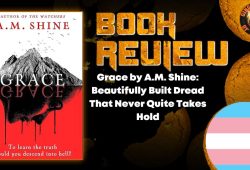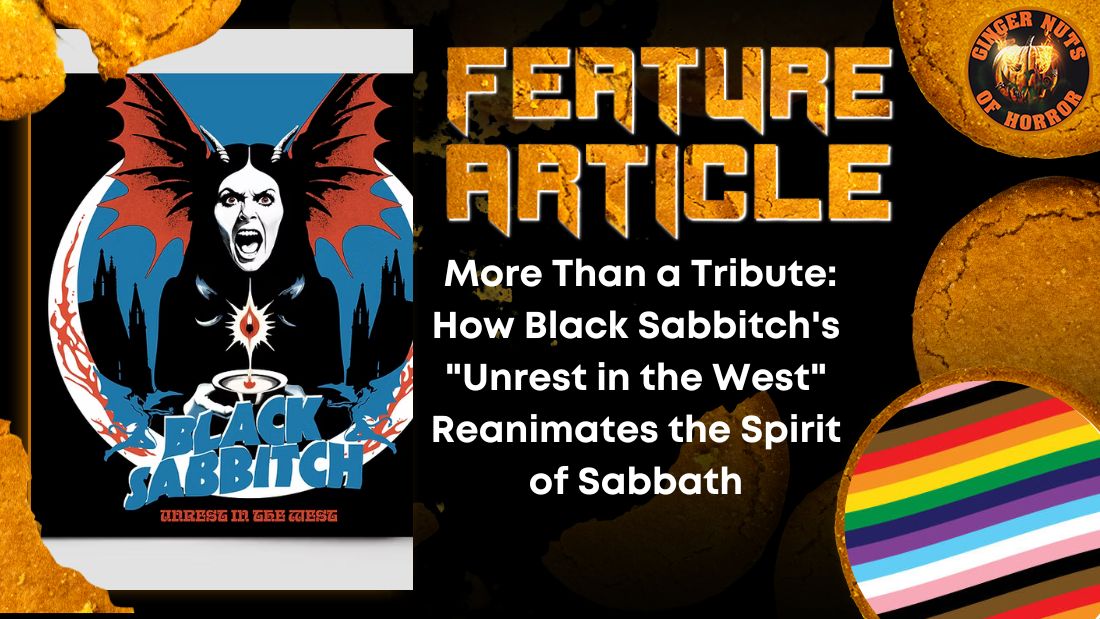Paranoid, for all its rough edges and wayward lunacy, remains a work of staggering vision that, considering the circumstances in which it was made, (the band ingested more drugs on any given Sunday afternoon than most ingest in a lifetime), is something of a miracle to behold; both sleazy and scathing, heartfelt and honest, few albums have left such an indelible mark on the musical landscape, and Paranoid should be celebrated for it.
Summer of Black Sabbath: When Horror Bows to Metal
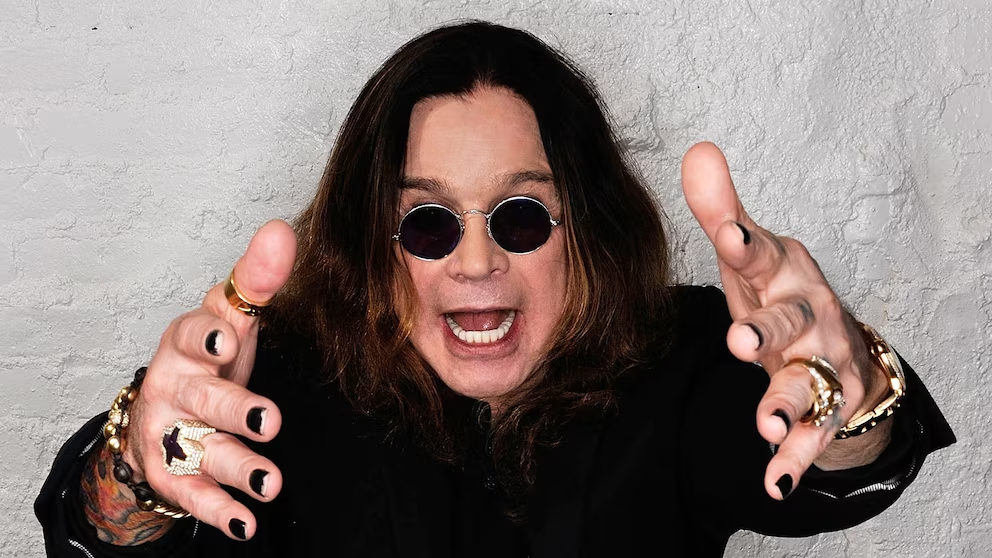
The night the Prince of Darkness departed this realm, the world didn’t just lose a voice, it lost a primal force. Ozzy Osbourne’s passing marked the end of an era forged in the factories of Birmingham, where four working-class alchemists distilled blues into something monstrous, beautiful, and eternal. Black Sabbath didn’t merely play music; they conjured nightmares made sound. Their name, ripped from a 1963 Mario Bava horror film, was a prophecy: I tre volti della paura (The Three Faces of Fear) would birth a fourth face, one that stared unblinking into the abyss.
This summer, as Birmingham draped itself in black for Ozzy’s final bow at Villa Park, a sold-out requiem dubbed Back to the Beginning, the city became a pilgrimage site.
Fans traced the band’s shadow: the demonic tritone echoing at The Crown Pub where Sabbath played their first gig; the mural on Navigation Street immortalising Ozzy’s snarl; the bench on Broad Street Bridge where metal’s architects now sit in steel. Yet beyond the street art and exhibitions, another tribute stirs.
Here, in these pages, horror authors, architects of dread in their own right, dissect Sabbath’s discography. Why? Because Sabbath’s legacy is our legacy. Their riffs were the soundtrack to uncanny tales; their lyrics, incantations for the damned. From the factory-floor doom of “Black Sabbath” (a song born from Geezer Butler’s vision of a hooded figure at his bedside) to the warped fairytale of “Fairies Wear Boots,” they mapped the terrain where horror and metal bleed together.
As Tony Iommi grieved, “There won’t ever be another like him”. So let these reviews be a salute. Let us remember the Prince of Darkness one last time.
Why Black Sabbath’s Paranoid Still Rules Metal in 2025
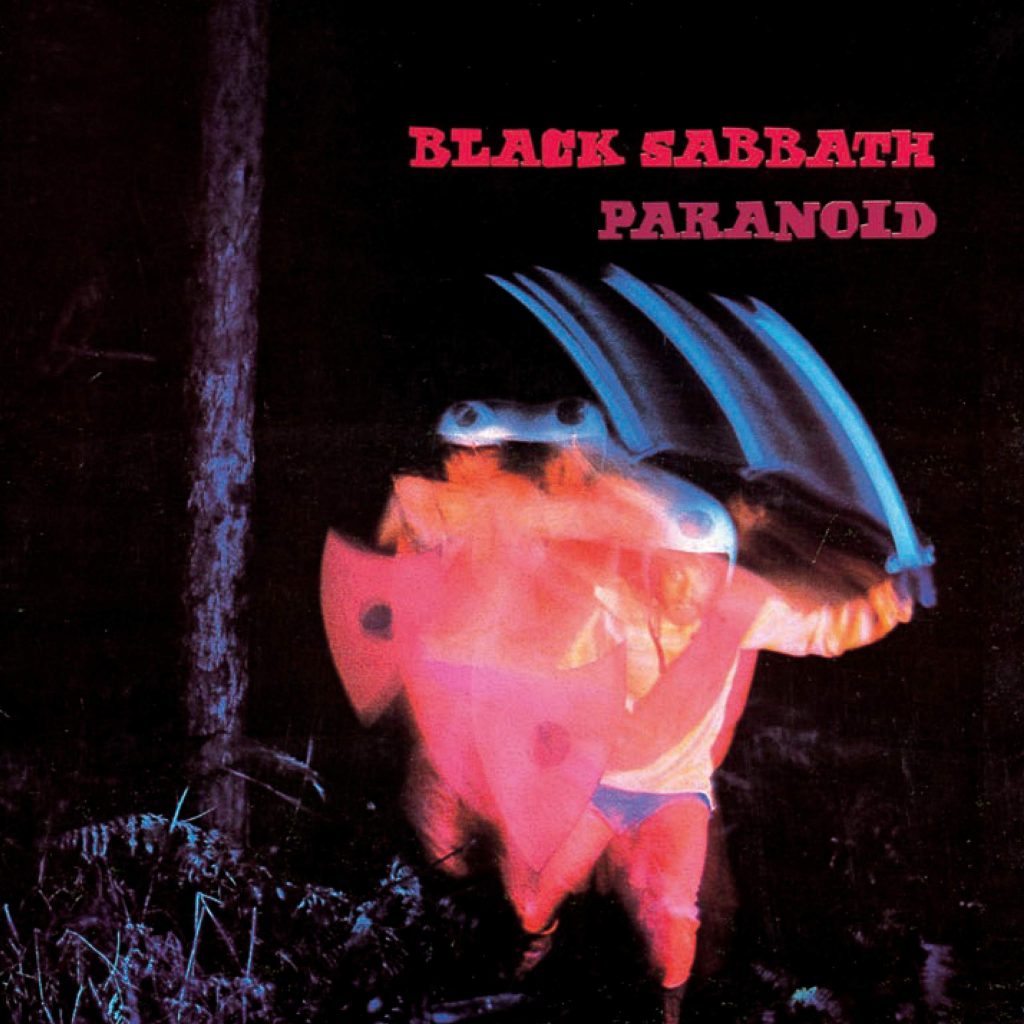
“Sympathy for the music industry!” I hear them shout in unison.
I can relate. There’s a whole lot of bullshit out there.
You know of what I speak. I’m not talking about mainstream pop music here. Modern pop exists in its own mundane, artless bubble, and it’s not worth my time or yours. What really stings, is the lack of real vision, real danger, in mainstream Rock’n’Roll.
I’m talking about all those bands who should know better, who quietly limp along with nothing new to say or bring to the table, recycling the same old well-established ingredients while chasing after the fool’s gold that comes with mainstream acceptability. Inevitably, the results are mediocre, diluted versions of the trailblazing works that have come before them. Lifeless, lacking vision, standing uselessly on the shoulders of the fearless artists who have come before, peering over the wall of their mediocrity at the unattainable genius beyond.
Then, (praise be, to the Gods of music), there are albums that transcend genre, obliterate preconceptions and tear the trembling walls of normalcy down; re-inventing what’s come before and, in some cases, entirely scrapping the rules, forever changing the musical landscape and pushing the boundaries of sound.
And in case I’m not being obvious enough in my introduction of this wonderful work, Paranoid by Black Sabbath is one such album.
Paranoid, like its creators, doesn’t give a fuck about rules.
This is an album that not only re-interpreted what came before it, but in its monolithic sprawl, it tore apart the pieces of its influences and used the bloodied bits and pieces to sculpt something entirely new; a dark-edged, all-encompassing sound that would go on to fuel a million urban anxieties, apolitical frustrations and hallucinogenic drug-deliriums…All while inspiring a whole generation of kids to pick up their guitars and give sound to their anger.
Paranoid may not have created heavy metal in and of itself, but it sure as shit smashed down the doors and led the charge for the genre, kicking up poisonous dust in its wake as it cleaved its way into the hearts and minds of a youth struggling through a tumultuous time in history.
It’s an album that appealed, and appeals to, individuals from all walks of life, from the strung-out junkie sweating bullets in the run-down bedsit to the hard-drinking son of a bitch eager for anarchy. From the acid-fried psychedelic explorer to the kid living with mum and dad, who just can’t get behind that pop-music bullshit his old folks are laying on him. It appeals to the literary, the rebellious, the hedonistic and the downtrodden, and it never, ever compromises its wayward, derelict vision.
As a collection of songs, Black Sabbath’s second album is impressively resolute in its stark, nightmarish vision as it veers wildly from one excess to the next, refusing to settle for the easy target.
Take just a few of the tracks for instance…
With the title track, ‘Paranoid’, the band craft a bitter ode to the harsh and soul-destroying struggles of drug-psychosis, travelling inward to scour the human psyche for reason. The song is both painful and fragile, even while it bites at your throat like a rabid dog.
We have the stoned, dethroned and hallucinatory ‘Fairies Wear Boots’, and the sprawling, psychedelic lunacy of ‘Planet Caravan’, betraying the band’s late-sixties inspired, experimental leanings.
Then there’s ‘War Pigs’, (my personal favourite), where they tackle the rich and powerful, content to send the young to bleed, kill and die while they kick back and reap the profits, (Generals gathered in their masses/Just like witches at black masses). Dark and stuff, indeed, and as prescient now as it has ever been, as are all the songs.
Or how about, ‘Iron Man’? A doom-wrought science-fiction nightmare that conjures visions of post-industrial obliteration in a world guilty as sin and deserving of its fate. There’s no fucking Tony Stark saving the day here, kids.
All of the songs hold their own; exist in their own universe, but always, always the themes hold steady; the whole being greater than the sum of its parts. It’s glorious.
1970 was a long damn time ago, and ‘Paranoid’ is most assuredly an album of its time, drenched in the traumas of war and of a generation suffocating in a world their fathers created, in which they feel they have no place. It practically bleeds isolationism, introspection and, of course, paranoia. Yet, conversely, it remains timeless, even while defining its era. It’s as beloved in 2017 as it was in 1970, perhaps even more so. It still talks to the kids, man. It still has the power to burn, to change, to upset and to outrage.
It’s a record as messy, excessive and as impure as the men who made it, and I may add, many of those who enjoy it.
Some things never change. War and youthful vitriol are right at the top of the pile.
Paranoid, for all its rough edges and wayward lunacy, remains a work of staggering vision that, considering the circumstances in which it was made, (the band ingested more drugs on any given Sunday afternoon than most ingest in a lifetime), is something of a miracle to behold; both sleazy and scathing, heartfelt and honest, few albums have left such an indelible mark on the musical landscape, and Paranoid should be celebrated for it.
If you haven’t heard the album, there’s really no reason why you shouldn’t take the trip. Whether you’re an acid-chewing mystic, beer-swilling biker, horror/sci-fi-loving metal obsessive or working stiff in need of some high-energy release, it fits all.
Black Sabbath created a musical fever dream that shakes rattles and rolls…
Gather round its hellish fire and let it fuel your fears.
Kyle M. Scott

Kyle M. Scott is the author of five novels and three collections, all within the horror genre. He lives in Largs, Scotland, with his long-suffering partner, an arrogant cat, and an over-active imagination.
He enjoys chatting with his readers, and can regularly be found on social media, despite his somewhat tenuous grasp on technology.
Contact Kyle at:
www.facebook.com/kyle.scott.9026
authorkylemscott@outlook.com
Summer of Black Sabbath, When Horror Bows to Metal
The night the Prince of Darkness departed this realm, the world didn’t just lose a voice, it lost a primal force. Ozzy Osbourne’s passing marked the end of an era forged in the factories of Birmingham, where four working-class alchemists distilled blues into something monstrous, beautiful, and eternal. Black Sabbath didn’t merely play music; they conjured nightmares made sound. Their name, ripped from a 1963 Mario Bava horror film, was a prophecy: I tre volti della paura (The Three Faces of Fear) would birth a fourth face, one that stared unblinking into the abyss.
This summer, as Birmingham draped itself in black for Ozzy’s final bow at Villa Park, a sold-out requiem dubbed Back to the Beginning, the city became a pilgrimage site.
Fans traced the band’s shadow: the demonic tritone echoing at The Crown Pub where Sabbath played their first gig; the mural on Navigation Street immortalising Ozzy’s snarl; the bench on Broad Street Bridge where metal’s architects now sit in steel. Yet beyond the street art and exhibitions, another tribute stirs.
Here, in these pages, horror authors, architects of dread in their own right, dissect Sabbath’s discography. Why? Because Sabbath’s legacy is our legacy. Their riffs were the soundtrack to uncanny tales; their lyrics, incantations for the damned. From the factory-floor doom of “Black Sabbath” (a song born from Geezer Butler’s vision of a hooded figure at his bedside) to the warped fairytale of “Fairies Wear Boots,” they mapped the terrain where horror and metal bleed together.
As Tony Iommi grieved, “There won’t ever be another like him”. So let these reviews be a salute. Let us remember the Prince of Darkness one last time.




